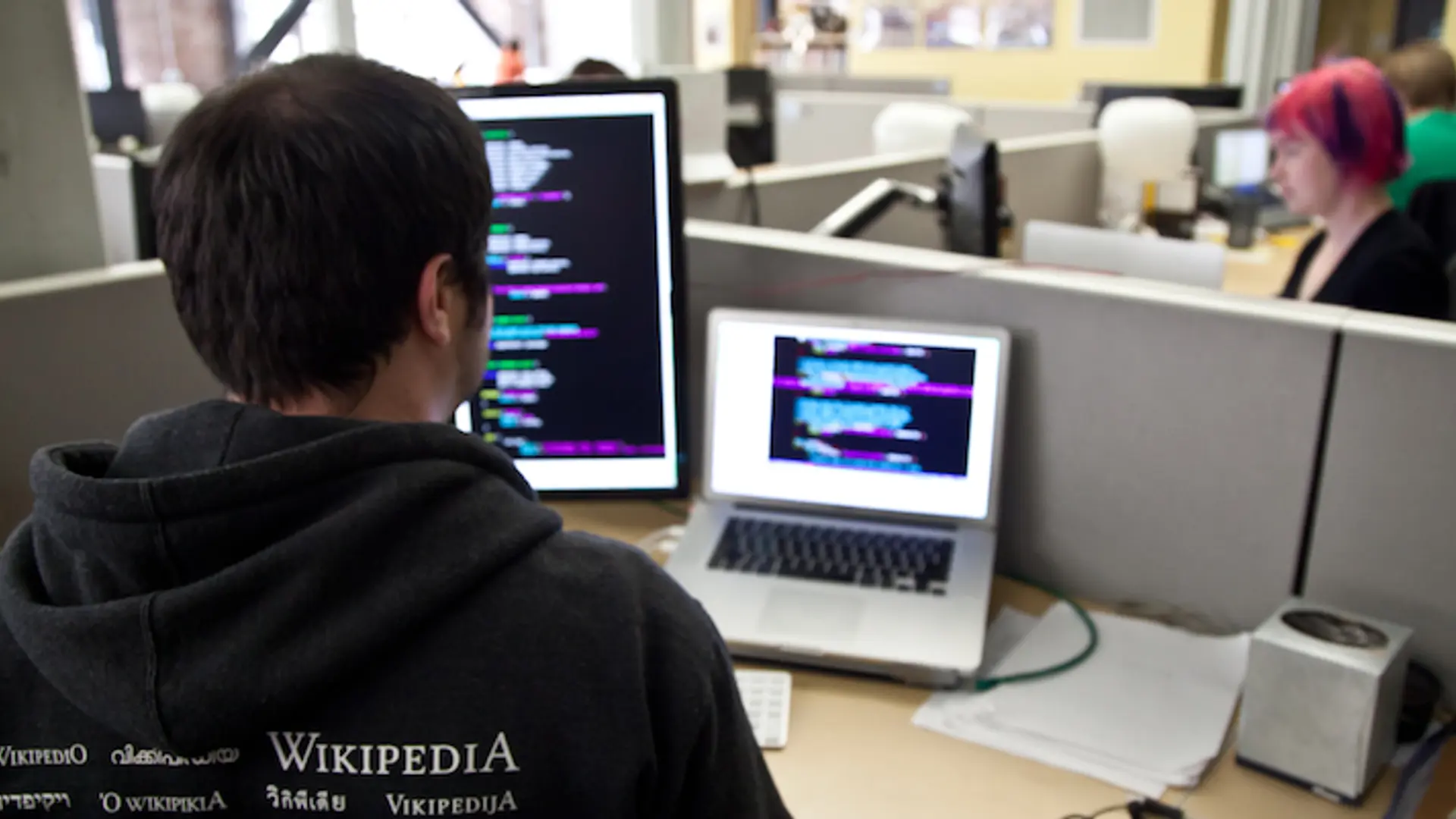The incredible growth of the $59 million plus coding bootcamp industry
Coding bootcamps, full-time programming schools designed to train students without programming skills and further hone skills of professional coders in about a 6-16 week period through highly focused, intensive, immersive learning programs, have been mushrooming across the globe lately. The coding bootcamp industry is booming, and by 2014, the tuition revenues of US coding schools alone would hit $59 million, an in-depth, empirical study by Course Report said.

Students from across the globe
Most of these programming crash-courses run online. And not surprisingly, a lot of Indians sign up for them.
Take Bloc for example. They offer a 12-week online developer apprenticeship, for which students from all over the world, including the UK, Italy, France, Australia, India, China, and South Korea, enrol. “One of our biggest goals is to provide the bootcamp experience without the typical constraints of a geographic bootcamp. We'll kick your ass, and you'll become a web developer by the end,” says Dave Paola, CTO at Bloc.
They pair you with a coach who is a web developer, and you meet with them one-on-one three times a week for 12 weeks as you work through our intensive project-based curriculum. Students need to commit 25 hours/week. You start with a web-based editor to learn Ruby, then they will show you how to setup your development environment, and then you complete exercises, mini-projects like building a Wikipedia clone and Reddit clone, and complete a capstone project of your choice. This capstone phase appeals to those who want to leverage Bloc to jumpstart development of their own project.
Mumbai-based internet products company Directi runs a noncommercial educational initiative called CodeChef, with an aim to create a global community of programmers that fosters learning and friendly competition. In India, they partner with colleges and groups to create local CodeChef chapters and meetups. They sponsor coding contests and teams of Indian programmers. CodeChef’s goal, they say is “to provide a platform for programmers everywhere to meet, compete, and have fun.”
Ruby most taught language
Course Report polled every full-time, US bootcamps with courses in web and mobile development, gathering statistics on 2013 graduates and projected 2014 graduation rates. They found that Ruby is the most common teaching language used in 57% of courses and bootcamps will graduate one student for every eight computer science graduates.
Key insights Course Report gathered on the industry are:
• In 2014, the bootcamp market will grow by 2.8x, to an estimated 5,987 graduates in 2014, up from 2,178 in 2013.
• As a point of comparison, Course Report estimates that there were 48,000 undergraduate computer science graduates from accredited US universities in 2013.
• Average tuition price of qualifying courses is $9,900, with an average program length of 10.4 weeks.
• Course Report estimates that tuition revenue from qualifying US schools will be $59mm in 2014.
• Ruby is the most common teaching language, used in 57% of courses.
Based on responses from 95% of the US coding bootcamps, Liz Eggleston and Tre Jones who conducted the survey for Course Report said that programming bootcamp graduation is expected to Grow by 175% in 2014. “Programming bootcamps are predominately taught in Ruby, with 57% of courses reporting Ruby as the primary programming language. However, most programs focus on full-stack web development, with significant instruction time spent on JavaScript/CSS/HTML. 13% of the courses analyzed focused only on front-end web development instruction,” the report said.
Course Report, founded in 2013 by Adam Lovallo and Liz Eggleston, helps potential students find and research programming bootcamp programs. It offers a directory of schools, course schedules, and interviews with teachers, founders, students, and alumni.
Are you a die-hard coder? Tell us what you think about this booming coding bootcamp industry.



